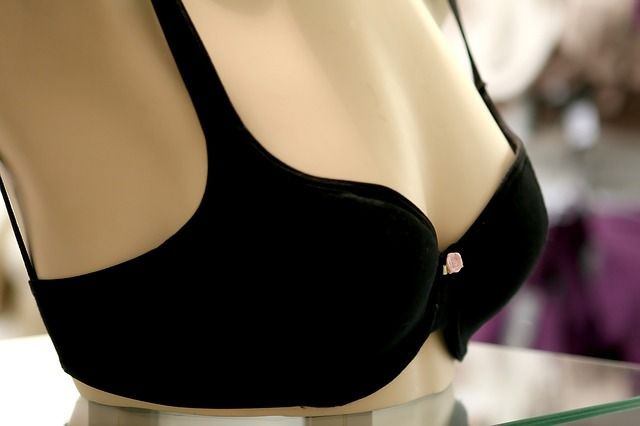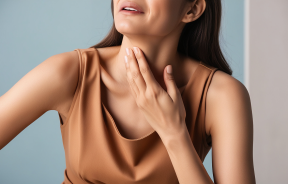Recruiters Are 19 Times More Likely To Interview Women Who Show Cleavage In Their Photos

Sex sells, even when it comes to selling yourself to a prospective employer. According to a new study, women who attach photos of themselves to their resumes, a practice that is becoming increasingly popular with online professional sites such as LinkedIn, are 19 times more likely to get a job interview if they wear a low-cut top as opposed to a more conservative shirt.
In a study presented this week at the Appearance Matters Conference in London, Dr. Sevag Kertechian from Paris-Sorbonne University revealed just how much a few inches of neckline can help job-seeking women. Over the course of three years, Kertechian applied to different jobs using two nearly identical resumes. Both resumes had the same skills and work experiences, but in one photo the woman wore a low-cut dress while in the other she wore a round-neck top.
The resumes were sent to 100 separate job advertisements in different fields of work, and results showed regardless of what type of job, that the photo of Kertechian in the low-cut dress received significantly more attention from the recruiters. For example, she received 62 more interview offers for sales positions when she submitted the photo of her wearing a low-cut dress than when she submitted the photo showing her more conservatively dressed.
"Regardless of the job, whether customer-facing saleswoman or office-based accountant, the candidate with the low cut clothing received more positive answers,” said Kertechian, as reported by The Telegraph. “The results were quite shocking and negative but not necessarily surprising – they show we need to conduct more research.”
While these results are interesting, another recent study found that while being more sexually attractive may help women being job interviewed by men, when they are interviewed by a fellow female, this tactic could backfire. The study, which is published online in the journal Perception, found that although both men and women associated women who wore makeup as being of a higher status, the men associated this high status with positive traits such as being prestigious, while other females associated this high status with more negative traits, such as being dominant and a potential threat.
The study determined that these differences in perception of women wearing makeup were rooted in female-on-female jealousy. For example, female respondents admitted that they were more jealous of women wearing makeup because they felt these women were more promiscuous and would be more attractive to men than females who did not wear makeup. According to the lead researcher, Dr. Viktoria Mileva, these different perceptions could be important in situations such as job interviews.
“At a job interview, knowing whether the hiring committee will consist of men or women might influence a female candidate's decision about wearing make-up,” explained Mileva in a recent statement. “Whether the interviewers will view her as attractive, dominant, and/or prestigious can affect her and the interviewer's' actions and perhaps the outcome of the interview itself.”
Source: Kertechian S. Appearance Matters Conference. London. 2016



























